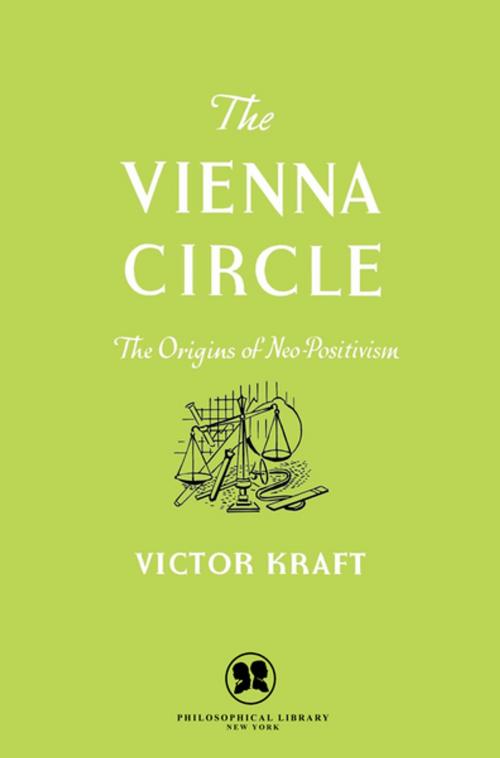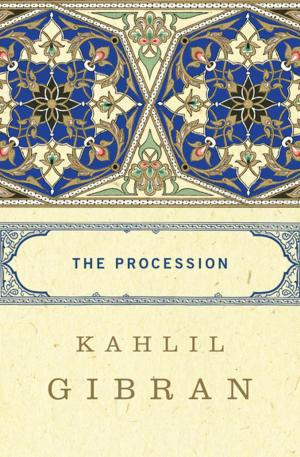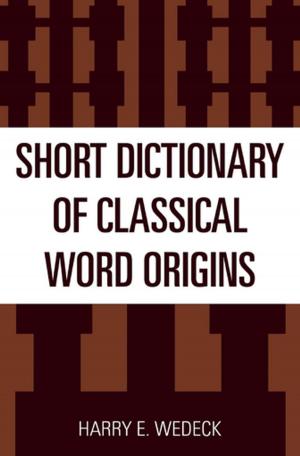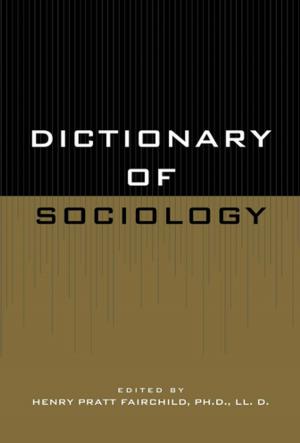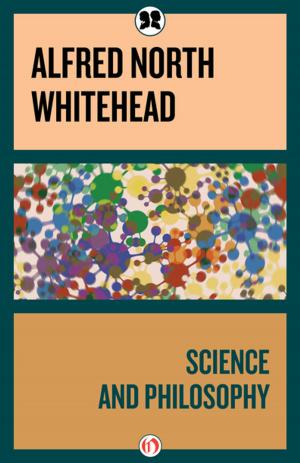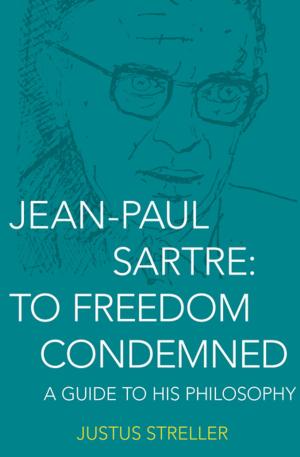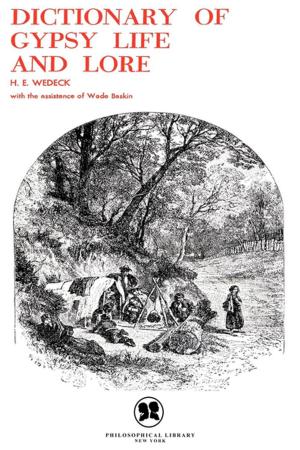The Vienna Circle
The Origins of Neo-Positivism
Nonfiction, History, Austria & Hungary, Science & Nature, Mathematics, Logic, Religion & Spirituality, Philosophy, Aesthetics| Author: | Victor Kraft | ISBN: | 9781504022897 |
| Publisher: | Philosophical Library | Publication: | October 20, 2015 |
| Imprint: | Philosophical Library | Language: | English |
| Author: | Victor Kraft |
| ISBN: | 9781504022897 |
| Publisher: | Philosophical Library |
| Publication: | October 20, 2015 |
| Imprint: | Philosophical Library |
| Language: | English |
Join original Vienna Circle member Victor Kraft in his discussion of the movement for an exclusive insider’s view of this important point in philosophical history. In this in-depth philosophical study, Victor Kraft explores the role the Vienna Circle had on the international philosophical movement. The Vienna Circle constituted a point of departure for the reawaking, rebirth, and reformation of positivism and empiricism, leading to the creation of the Neo-positivism movement. At the time of The Vienna Circle’s publication in the 1950s, the Neo-positivism movement stood in the foreground of contemporary philosophy, and it was quite possibly the most significant serious philosophical movement in the period between the two world wars.
Making Kraft’s study of Neo-positivism available to a world audience, Arthur Pap provides a rich and accessible translation from the original German.
The book contains detailed expositions, accompanied here and there by criticism, of the Vienna Circle’s views on the criteria of significance, the nature of logic and mathematics, the phenomenalist analysis of physical concepts, the verification-basis of scientific propositions, the meaning of probability, physicalism, and much more.
Join original Vienna Circle member Victor Kraft in his discussion of the movement for an exclusive insider’s view of this important point in philosophical history. In this in-depth philosophical study, Victor Kraft explores the role the Vienna Circle had on the international philosophical movement. The Vienna Circle constituted a point of departure for the reawaking, rebirth, and reformation of positivism and empiricism, leading to the creation of the Neo-positivism movement. At the time of The Vienna Circle’s publication in the 1950s, the Neo-positivism movement stood in the foreground of contemporary philosophy, and it was quite possibly the most significant serious philosophical movement in the period between the two world wars.
Making Kraft’s study of Neo-positivism available to a world audience, Arthur Pap provides a rich and accessible translation from the original German.
The book contains detailed expositions, accompanied here and there by criticism, of the Vienna Circle’s views on the criteria of significance, the nature of logic and mathematics, the phenomenalist analysis of physical concepts, the verification-basis of scientific propositions, the meaning of probability, physicalism, and much more.
